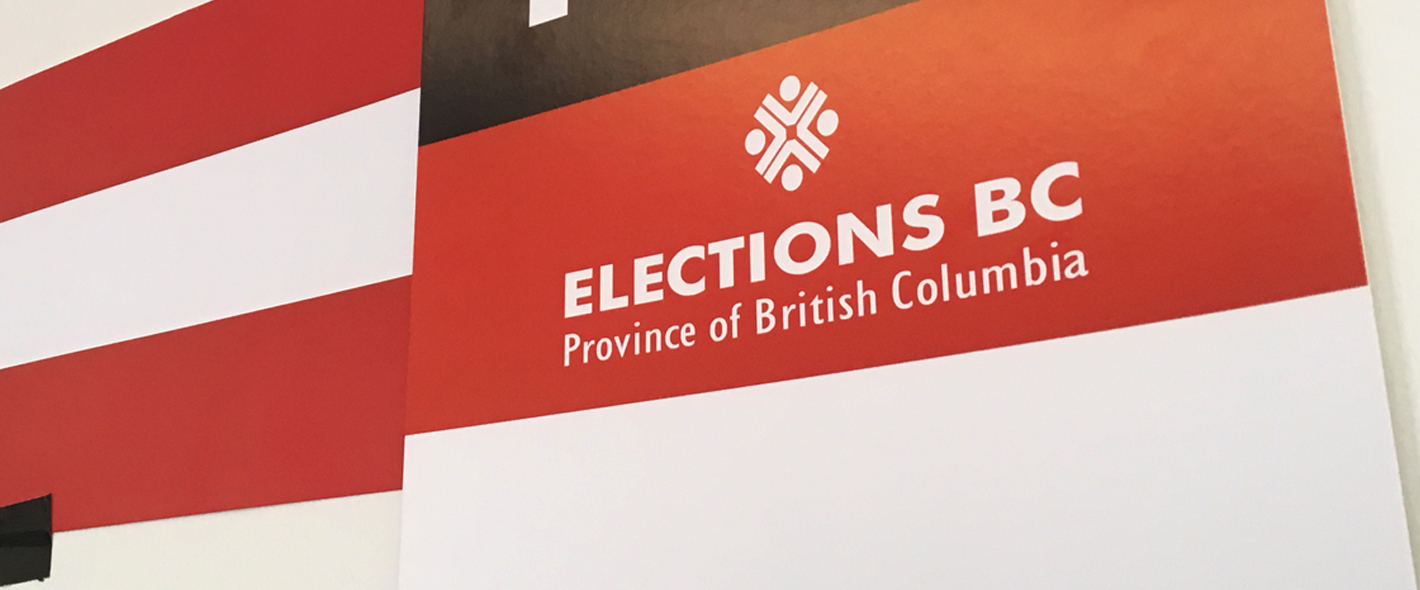PV Vancouver Bureau
The strangest election the West Coast has witnessed in many years is underway, with voters casting ballots by mail, or going to the polls in person on October 24.
For the last three years, BC Premier John Horgan had vowed to stick with the Confidence and Supply Agreement (CASA) between his NDP and the Green Party. This alliance allowed scope to press for some limited progressive reforms. But it also left Horgan in a position to push through controversial policies such as continuation of the Site C dam and a massive corporate tax gift for the planned LNG export project at Kitimat. Despite the huge environmental impact of these decisions, the Greens upheld the CASA, using their leverage to force an occasional concession from the premier.
This unusual arrangement could easily have continued until the legislated election date of October 2021. But over the summer, Horgan began musing that the CASA was no longer valid, due to COVID-19 and the resignation of Green Party leader Andrew Weaver.
This set the stage for a clash within Horgan’s cabinet. Leaks from various sources said that heavyweights such as Health Minister Adrian Dix and Finance Minister Carole James opposed an early election, and over a few weeks, seven cabinet ministers announced decisions to step down.
Clearly many NDPers fear this election is a potentially dangerous gamble. Memories of Dave Barrett’s defeat in 1975, after a previous snap election, are still painful for New Democrats here. So is the 2013 campaign, when then leader Dix began the race with a 20 point lead, only to lose to Liberal Christy Clark.
This time, one recent survey showed the NDP with a 44-37 percent lead over the Liberals and the Greens at 13 percent. Horgan’s margin is thin if COVID cases continue to climb, undermining his claim to have led the best pandemic response in Canada.
Another complication is that the election call caught many NDP ridings by surprise, cutting some nomination races to just two days. In one case, popular Tahltan Nation activist Annita McPhee was suddenly rejected as a potential candidate in the coastal riding of Stikine, allowing former NDP MP Nathan Cullen to win the nomination unopposed. Combined with its unpopular Site C and LNG decisions, and a school opening plan which many teachers criticised, the NDP may have alienated some core support groups.
In one bizarre twist, the leader of the new BC Ecosocialist Party, Stuart Parker, had to resign hours after the writ dropped on September 21, after heated debates over his record of transphobic social media postings.
Meanwhile, the Communist Party of BC is working hard to field five candidates, despite facing bureaucratic hurdles and the shortest nomination period in the province’s history.
[hr gap=”10″]
Support socialist media!
If you found this article useful, please consider donating to People’s Voice.
We are 100% reader-supported, with no corporate or government funding.




